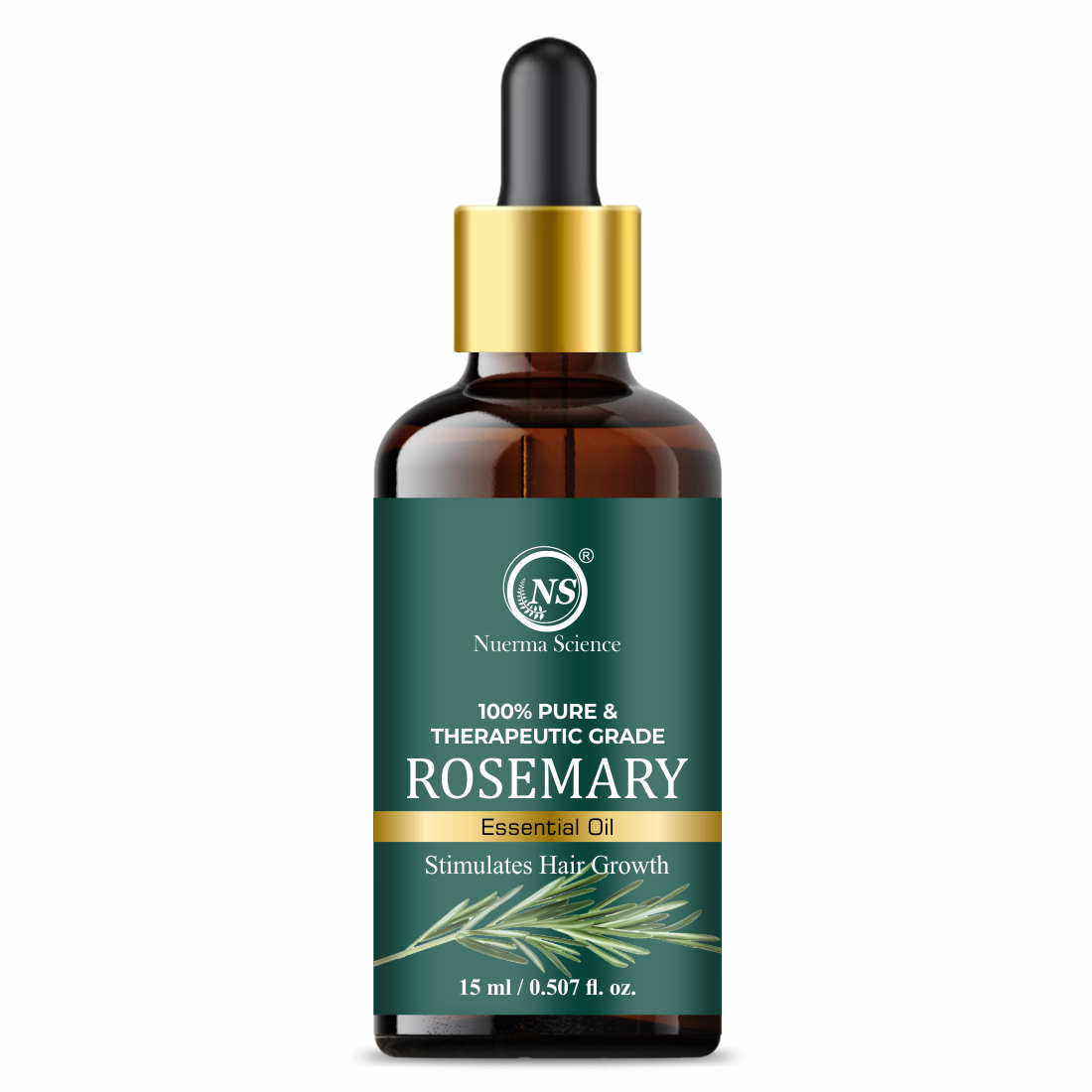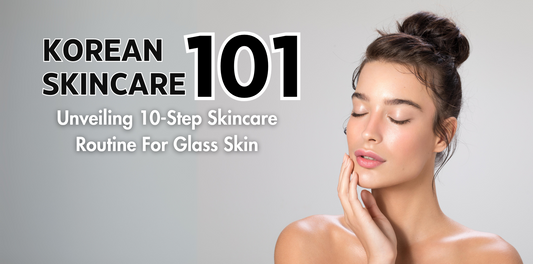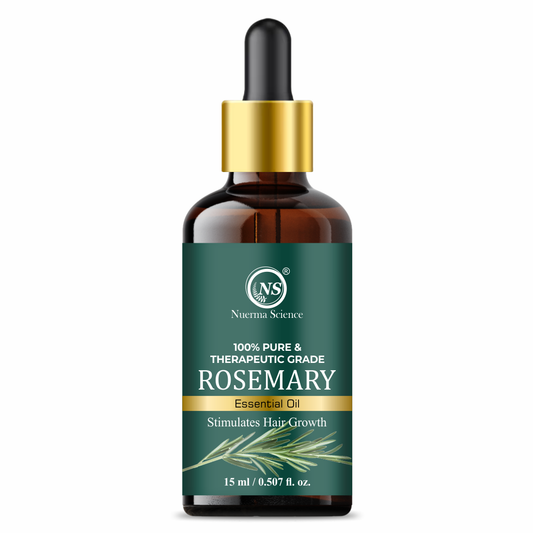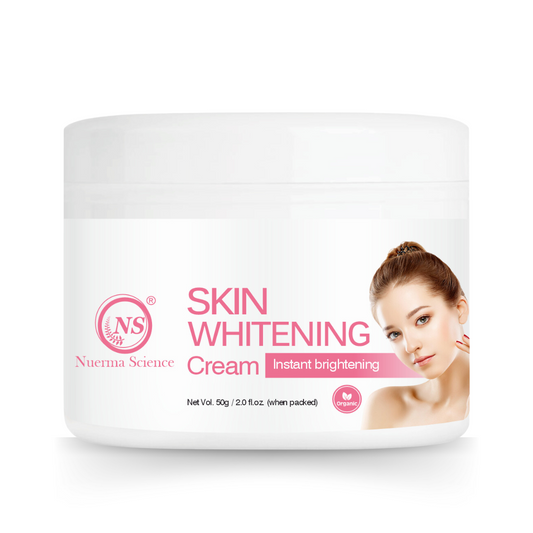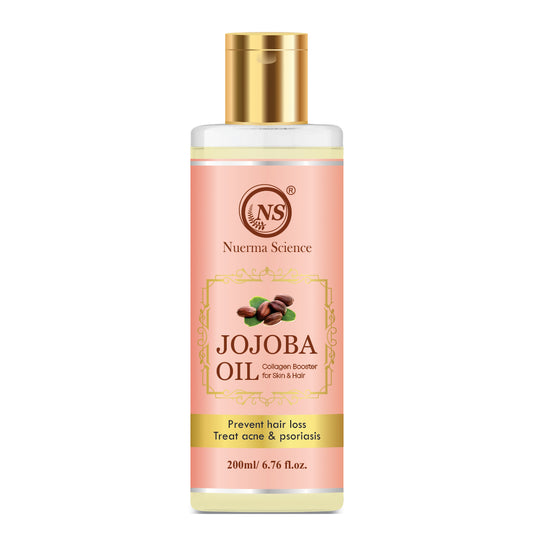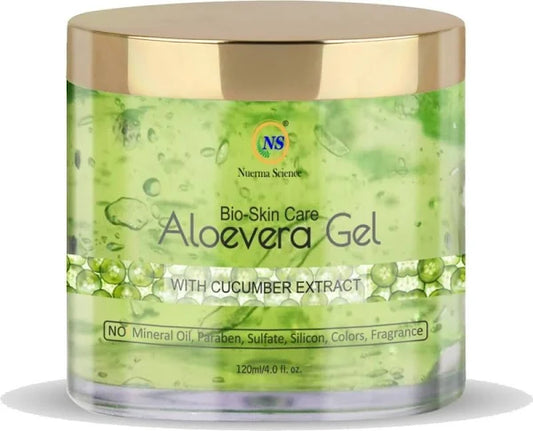Moisturizer is a key part of any skin care routine, and it's especially important in the summertime when your skin may be more sensitive. A moisturizer cream can help protect against sun damage and promote healthy-looking skin.
When you're looking for a moisturizer cream, it's important to understand the different types of moisturizers. A lot of people think that all moisturizers are created equal when they're not! There are some key differences in terms of how each product works and what it can do for your skin.
Moisturizers come in a variety of forms like creams, lotions, gels and more--and each type has its own unique properties that make them worth using on your face every day.
When it comes to choosing a moisturizer for your summer skincare routine, there are a few things to consider. The first thing you'll need to think about is what kind of skin you have and what your needs are as far as moisture levels go. If you have oily or acne-prone skin, then opting for an oil-based product may be best for you. On the other hand, if dryness is your main concern , then using an unscented cream will work better than one with added fragrance or other additives that could irritate sensitive areas of your face like eyes or lips.
In this article, we will tell you how to use a mositurizer cream in your summer skincare routine. You will get an A-Z detail about moisturizer cream for the summer weather.
Understanding Moisturizer Creams
A moisturizer is a must for any skin care routine. This cream is the best choice to provide hydration, smoothness and protection during the summer time by hydrating your skin without leaving it oily or greasy.
The key to choosing a good moisturizer is knowing what you need out of it so that you get the best results possible in terms of hydration, smoothness and protection against aging.
Moisturizer cream is a product that helps your skin stay hydrated, smooth and elastic. It's also used to prevent moisture loss from the skin during harsh weather conditions, such as wind and sun exposure.
Moisturizers work by keeping your skin well-hydrated. This can be done through the use of emollients or humectants (which help keep moisture in), as well as other ingredients that attract water molecules directly onto your skin cells' outer surface. Some moisturizers will contain both humectants and emollients; others may only have one or the other type of ingredient in their formula
Why is moisturizer Cream Important for the Skin?
Moisturizer cream is an essential part of a healthy, summer skincare routine. It moisturizes the skin and prevents dryness by protecting it from the sun's harmful rays.
Moisturizing your face with a lightweight, non-greasy moisturizer cream will help keep your skin looking healthy and hydrated all year long. The best moisturizers for summer tend to be lighter than most other types of products because they don't clog pores like heavy creams do.
You can use any type of moisturizer that suits you--whether it's an oil-based formula or one that contains SPF protection! Just make sure not too much gets on clothing (or into eyes), which could cause irritation if left untreated before washing off later in the day when we shower again after work/school etc.

When Does Your Skin Need Moisturizing?
While you can use moisturizer throughout the year, it's important to know when your skin needs the assistance. For example, if you have dry skin that gets worse during winter months or if you live in an area with high humidity levels, then using a heavier cream would be wise. Similarly, if you're prone to clogged pores and breakouts, then using an oil-based moisturizer will help keep breakouts at bay while providing moisture for your face.
Benefits of Moisturizer Cream for Summer
- Moisturizer cream provide hydration to the skin in summer
Moisturizer cream provides hydration to the skin in summer. It can be used alone or under makeup, but it's best not to use both at the same time. A moisturizer will help keep your face looking fresh and hydrated all day long with no greasy residue left on your face when you're done applying it.
If you have dry skin, then a daily moisturizer should be part of your skincare routine year-round--even if it's just an extra layer of hydration on top of whatever other products are being used on your face at that moment (like sunscreen). If you have oily skin, however? Then this article isn't for you!
- Moisturizer cream can help cool down the skin during hot weather
If you live in a place where the temperature can get as high as 90 degrees Fahrenheit, it's important to use a moisturizer that helps cool down your skin. A hydrating moisturizer will help reduce redness and inflammation while also soothing dryness and irritation.
Moisturizers are ideal for summers because they lock moisture into the skin so it doesn't evaporate away during hot weather. They also help with sun damage by protecting against free radicals caused by UV rays; this means less visible wrinkles or premature aging!
- Moisturizer cream can protect the skin from the sun's harmful rays
Moisturizer cream can protect the skin from the sun's harmful rays. The best moisturizers contain natural ingredients that help fight UVA and UVB rays, which cause chronic damage to your skin.
The best moisturizer for summer contains SPF in order to protect your skin from burns caused by overexposure to sunlight. If you're going out on hot days or are spending a lot of time outdoors, it's important that you wear sunscreen with an SPF rating higher than 15 when using sunscreen products such as foundation makeup or BB creams (which are applied after moisturizer).
- Moisturizer cream can help prevent premature aging caused by sun damage
Moisturizer creams can help prevent premature aging caused by sun damage. Sunlight causes the skin to produce more melanin, which is what gives us that tan look and helps protect our bodies from harmful rays. However, this process also causes wrinkles, as well as other signs of aging in your facial skin.
Moisturizers with SPF will help protect against these effects by reducing sun damage and keeping your skin looking younger longer!
How to choose the right moisturizer cream for your skin type
The first thing to consider when choosing the best moisturizer cream for your skin type is the climate in which you live. If it's winter, a moisturizer with ingredients that protect from dryness and irritation may be necessary. On the other hand, if it's summertime and humid outside, then a lightweight formula like an oil-free or waterless sunscreen will be more suitable (especially if your skin tends to get oily).
Next up comes what type of product would work best on your face? There are several different types of moisturizers out there: creams or lotions that contain humectants such as glycerin; emollients like phytosterols; emulsifiers; thickeners; oils--and even some heavier oils like shea butter! The right blend depends on what needs fixing most: dryness vs oily shine/oily T-zone areas such as forehead lines/chin area.
Ingredients to Look for in Moisturizer Cream for Summer
There are a few things to look for in a moisturizer cream for summer. The first is that it should be water-based, so your skin doesn't feel greasy or oily after you apply it.
Second, the moisturizing agents should be natural and organic. You don't want to end up with an unnatural ingredient on your face!
Finally, make sure that there isn't any SPF in the formula--this will protect against sun damage without getting into contact with your skin too much (which is not good for sensitive areas like around eyes).
Vitamin C - Vitamin C is a powerful antioxidant that helps to brighten and even out your skin tone. It also helps in preventing free radical damage to the skin, which can lead to wrinkles and other signs of premature aging.
Vitamin C moisturizer creams are great for anyone who wants to protect their skin from pollution, aging, or UV rays.
Hyaluronic Acid - Hyaluronic acid is a natural substance that helps your skin retain moisture. It's also known as "the tears of the Gods," because it cushions against harmful UV rays and other environmental stressors. When we're young, our bodies produce hyaluronic acid naturally--but as we age, our production declines. That's why it's so important to use good moisturizers regularly throughout the year; without them, you risk dryness and wrinkles on your face over time!
SPF - SPF is an acronym for sun protection factor. It's the number of minutes you can spend in the sun without getting burned, and it's measured by your skin type, age and location. For example: an adult with fair skin at home in New York would likely have a higher SPF than someone living on a tropical island where they get no direct rays of sunshine at all.
If you're not sure which product provides enough protection against UVA/UVB rays (which damage collagen), check out our guide here: #1 Moisturizer Creams With SPF 25+ That Will Keep Your Skin Healthy This Summer.
Aloe vera - Aloe vera is a plant that has been used for centuries. It's a great source of vitamins, minerals and antioxidants to soothe and cool your skin.
You can use aloe vera gel as an ingredient in your moisturizer or as part of a DIY treatment. You can also use it as an after-sun lotion on its own. Aloe vera is most effective when applied to damaged areas like the hands, feet and knees because it contains healing properties that repair damaged tissue while reducing inflammation in these areas.
How to Use Moisturizer Cream in Your Summer Skincare Routine
The first step to choosing the right moisturizer is to determine what type of skin you have. If you have dry or sensitive skin, look for products that contain hyaluronic acid and other ingredients that are known for their ability to hydrate the outer layers of your epidermis.
If you have oily or acne-prone skin, opt for an oil-free formula with antioxidants like vitamin E and aloe vera extract (both of which will help fight breakouts).
Best time to apply moisturizer cream
It's a good idea to apply moisturizer cream before you go to bed, but that doesn't mean it has to be the last thing on your mind. I recommend using your favorite moisturizer at least twice during the day: morning and night. If you have dry skin, try using a thicker consistency of product so it can better absorb into the layers of skin as opposed to just sitting on top of them like a thin layer would do.
It's also important not to overdo it with moisture creams; one application per day should be sufficient for most people (but feel free). You'll want to avoid putting any more than one pump onto each fingertip because this can cause irritation due to increased contact between hands and lips/cheeks (and yes--I've been guilty myself!).
How to apply moisturizer cream effectively?
When applying moisturizer cream effectively, make sure you use the right amount of product. Too much can cause your face to look shiny or greasy, while too little can leave a pasty or lackluster appearance.
Apply moisturizer cream after cleansing so that it doesn't interfere with the effectiveness of your cleanser/scrub/exfoliant. This is especially important if you are using an oil-based cleanser like coconut oil because coconut oil can make skin feel tight when applied first before other products on top (like a moisturizer).
How Much Moisturizer Should I Use?
How much moisturizer do you need? The answer is really up to you.
If your skin is naturally dry, like mine, then I would recommend using a cream with a higher water content than if your skin is oily and needs more oil-free products. If it's summertime and the humidity has been high all day long, then I would recommend using an emollient-based product that will lock in moisture so that it doesn't evaporate as quickly when exposed to hot temperatures or too much sun exposure (which can cause dehydration).
Frequently Asked Questions (FAQs)
How to Use Moisturizer Cream in Your Summer Skincare Routine?
The first step to choosing the right moisturizer is to determine what type of skin you have. If you have dry skin or sensitive skin, look for products that contain hyaluronic acid and other ingredients that are known for their ability to hydrate the outer layers of your epidermis.
If you have oily or acne-prone skin, opt for an oil-free formula with antioxidants like vitamin E and aloe vera extract (both of which will help fight breakouts).
What is the best time to apply moisturizer cream?
It's a good idea to apply moisturizer cream before you go to bed, but that doesn't mean it has to be the last thing on your mind. I recommend using your favorite moisturizer at least twice during the day: morning and night. If you have dry skin, try using a thicker consistency of product so it can better absorb into the layers of skin as opposed to just sitting on top of them like a thin layer would do.
It's also important not to overdo it with moisture creams; one application per day should be sufficient for most people (but feel free). You'll want to avoid putting any more than one pump onto each fingertip because this can cause irritation due to increased contact between hands and lips/cheeks (and yes--I've been guilty myself!).
How to apply moisturizer cream Effectively?
When applying moisturizer cream effectively, make sure you use the right amount of product. Too much can cause your face to look shiny or greasy, while too little can leave a pasty or lackluster appearance.
Apply moisturizer cream after cleansing so that it doesn't interfere with the effectiveness of your cleanser/scrub/exfoliant. This is especially important if you are using an oil-based cleanser like coconut oil because coconut oil can make skin feel tight when applied first before other products on top (like a moisturizer).
What is the difference between moisturizer cream and sunscreen?
When you're shopping for sunscreen, it's important to know the difference between a moisturizer cream and a sunscreen.
Sunscreens protect your skin from UVA and UVB rays by absorbing them before they reach your skin. Moisturizers can also help prevent dehydration by locking in moisture on the surface of your skin but don't block out harmful rays like sunscreens do (though they will still offer some protection).
Can I use the same moisturizer cream for summer and winter?
You can use the same moisturizer cream for winter and summer, but it's important to note that some products are better suited for one season over another. For example, if you want to keep your skin hydrated during cold weather, a product with hyaluronic acid or retinol may be more effective than one with antioxidants. On the other hand, a lotion containing vitamin C will work well in both seasons because it helps protect against free radical damage caused by sun exposure.
Conclusion
A great way to find the right moisturizer is by asking yourself some questions like these.
- What type of skin do you have? Do you have dry or sensitive skin? If so, what are some products that work well for your type of skin?
- Have any symptoms of sun damage occurred in recent years (i.e., freckles/age spots)? If so, then using a high SPF product every day may be too much for your particular situation. Instead try using an oil-based sunscreen first thing in the morning before applying anything else and then again at night before bedtime if needed.
Moisturizer cream is the best way to hydrate your skin and keep it healthy. It's a must-have in any skincare routine, especially during summer time when the weather can be hot and dry. A good moisturizer will not only protect your skin from sun damage but also help prevent premature aging caused by sun damage. You should also look for ingredients like vitamin C or hyaluronic acid which provide brightening effects and even out skin tone.
